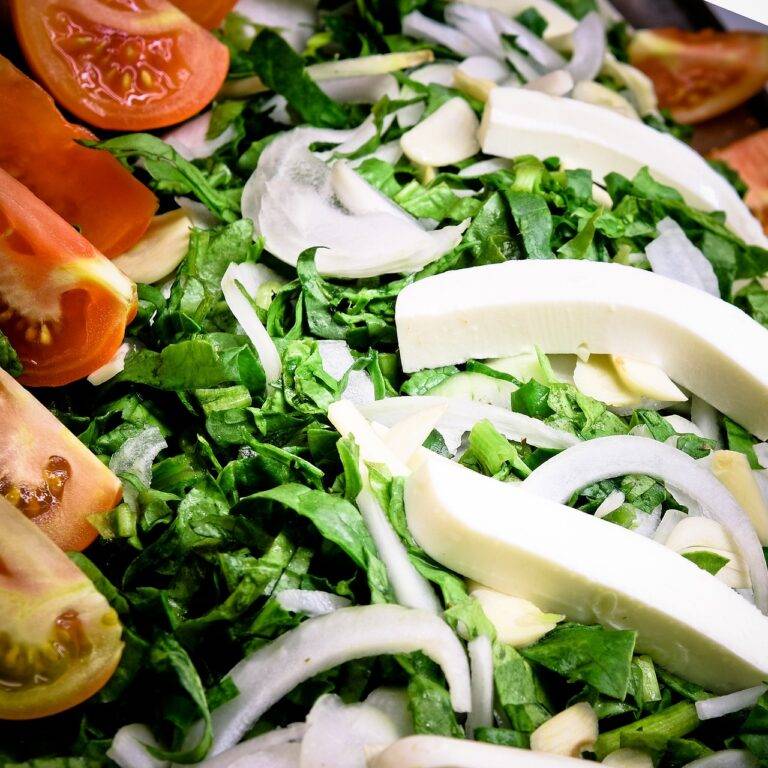The Future of Sustainable Agriculture and Permaculture
Traditional agriculture continues to grapple with numerous obstacles that hinder its growth and sustainability. One prominent challenge is the increasing pressure on limited natural resources such as land and water. As the global population rises, so does the demand for food production, putting a strain on these essential resources. In addition, traditional farming methods often lack efficiency and productivity, leading to lower yields and profits for farmers.
Furthermore, traditional agriculture is vulnerable to environmental degradation and the effects of climate change. Extreme weather events, soil erosion, and water scarcity pose significant threats to crop yields and overall farm productivity. The reliance on chemical inputs and monoculture practices also contributes to soil depletion and loss of biodiversity, further exacerbating the challenges faced by traditional farming systems.
The Importance of Sustainable Practices
Sustainable practices in agriculture have become increasingly crucial in today’s world. With the growing global population and environmental concerns, it is important to prioritize methods that promote long-term viability. Ensuring that agricultural practices are sustainable not only benefits the environment but also ensures the well-being of communities and future generations.
By implementing sustainable practices, farmers can enhance soil health, increase biodiversity, and reduce the dependence on harmful chemicals. Additionally, sustainable agriculture can help mitigate the effects of climate change by reducing greenhouse gas emissions and promoting carbon sequestration. As consumers become more conscientious about where their food comes from, supporting sustainable agriculture becomes essential in creating a healthier and more resilient food system.
What are some of the challenges facing traditional agriculture?
Some of the challenges facing traditional agriculture include soil degradation, water scarcity, loss of biodiversity, and reliance on chemical pesticides and fertilizers.
Why is it important to adopt sustainable practices in agriculture?
Adopting sustainable practices in agriculture helps to preserve the environment, protect natural resources, promote biodiversity, and ensure the long-term viability of food production.
What are some examples of sustainable practices in agriculture?
Some examples of sustainable practices in agriculture include crop rotation, organic farming, agroforestry, integrated pest management, and conservation tillage.
How can farmers benefit from implementing sustainable practices?
Farmers can benefit from implementing sustainable practices by improving soil health, reducing input costs, increasing yields, accessing premium markets, and contributing to a healthier environment.
What role do consumers play in promoting sustainable agriculture?
Consumers play a crucial role in promoting sustainable agriculture by supporting farmers who use sustainable practices, choosing locally grown and organic products, and advocating for policies that incentivize sustainable farming methods.







